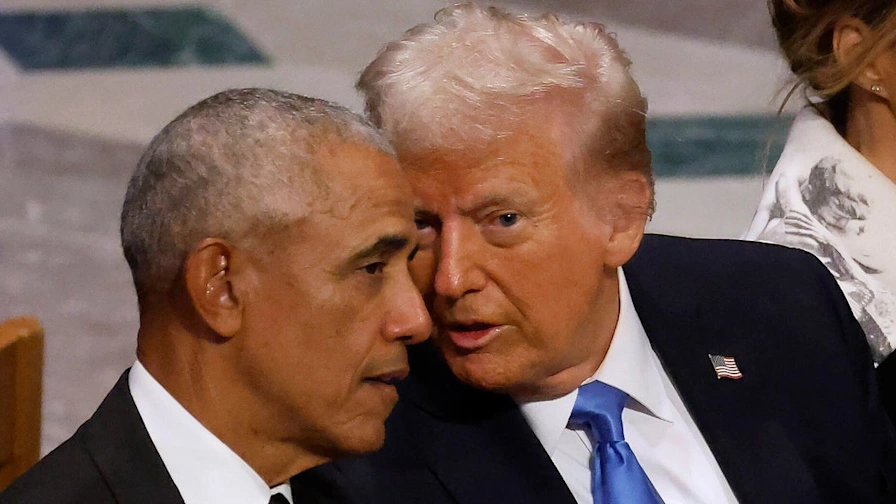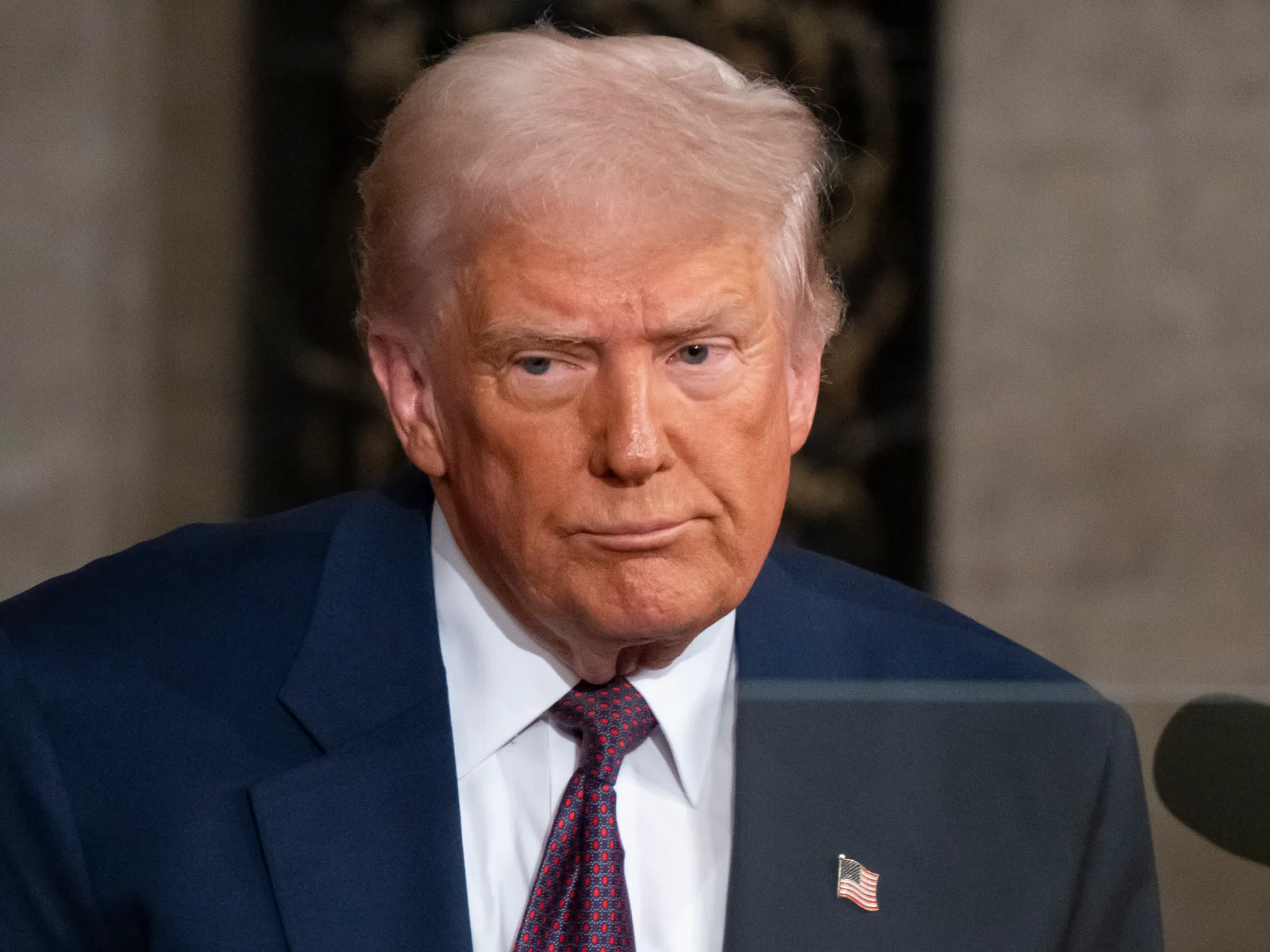In a significant move that reshapes the future of the U.S. federal death penalty system, President Joe Biden’s administration has announced that 37 out of 40 federal death row inmates will have their sentences commuted to life in prison. This decision comes amid growing national debates on the morality and efficacy of the death penalty and represents a major policy shift from the previous administration under President Donald Trump, which had actively resumed federal executions after a 17-year hiatus. Biden’s actions stand as a clear commitment to criminal justice reform, while simultaneously creating a pivotal moment in the ongoing discourse about capital punishment in the United States.
The Shift in Policy: From Trump’s Resumption of Executions to Biden’s Commutations
In the final months of the Trump administration, a series of controversial federal executions were carried out after a 17-year pause. The U.S. government executed 13 individuals between July 2020 and January 2021, which was the most executions in a single year since the 19th century. These executions occurred even amid the COVID-19 pandemic and in the face of vocal opposition from human rights organizations, advocates for criminal justice reform, and numerous religious groups.
Biden, who has long been a vocal opponent of the death penalty, pledged during his presidential campaign to work towards eliminating federal executions. Upon taking office, Biden instructed the Department of Justice to implement a moratorium on federal executions, halting the use of the death penalty under his administration. This was viewed by many as a victory for abolitionists and an important first step in changing the direction of federal criminal justice policies.
However, Biden’s most recent move — commuting the sentences of 37 federal death row inmates to life imprisonment — is a powerful symbol of his commitment to not just halting executions, but also addressing past injustices. These commutations come just as former President Trump has hinted at resuming executions in the future, particularly if he were to return to office. As such, Biden’s decision can be seen as a preemptive move to solidify the federal stance against the death penalty, making it less likely that the country will revert to the execution-heavy policies of the Trump era.
The Commute Process: A Complex and Deliberative Approach
The commutation of 37 death row sentences is not an arbitrary decision but the result of an extensive review process. According to the White House, the Biden administration conducted a thorough examination of each individual case, weighing various factors such as the fairness of trials, the mental health of the inmates, and the potential for rehabilitation. Biden himself has been known to take a methodical approach to criminal justice reform, and his commitment to ending the death penalty reflects his administration’s larger goals of reducing racial disparities and reforming the U.S. prison system.
The 37 inmates who will now serve life in prison without the possibility of parole had been convicted of serious crimes, including murder, drug trafficking, and violent acts of terrorism. While many of these cases sparked national debates over the appropriateness of the death penalty, the decision to commute these sentences underscores Biden’s firm stance on not carrying out executions. In essence, the commutations signal a move towards restorative justice, which emphasizes the rehabilitation and reintegration of offenders rather than punitive measures such as the death penalty.
It is also important to note that Biden’s decision is not without its critics. Many law enforcement groups and victims’ rights advocates have expressed strong opposition to the commutations, arguing that individuals convicted of heinous crimes should face the ultimate punishment. However, Biden’s administration remains steadfast in its belief that the death penalty is not only inhumane but also flawed, citing instances of wrongful convictions and racial bias as key reasons for abandoning the practice.
The End of the Federal Death Penalty?
While Biden’s actions signal a shift in the federal government’s approach to capital punishment, it remains unclear whether this decision will ultimately lead to the permanent end of the death penalty in the United States. Although Biden has made clear his opposition to federal executions, the power to fully abolish the death penalty lies with Congress. As it stands, the death penalty is still legal in 24 states, and the federal government retains the ability to seek capital punishment in certain cases. The current moratorium on executions applies only to federal cases, meaning states can still pursue the death penalty independently.
Biden has expressed support for legislative efforts aimed at abolishing the death penalty nationwide, but such measures face significant opposition, particularly from lawmakers in conservative states where capital punishment remains a deeply entrenched practice. The upcoming elections and shifts in political power could ultimately determine the future of the death penalty in the U.S., with the prospect of a Republican-led Congress potentially pushing for a reversal of Biden’s policies.
Another factor to consider is the public’s evolving stance on the death penalty. Polling data over the past decade has shown a decline in support for capital punishment, especially among younger Americans and those who advocate for criminal justice reform. However, there are still pockets of strong support for the death penalty, particularly among certain segments of the population and in states where executions remain commonplace. This division suggests that any move towards nationwide abolition will require careful political negotiation and compromise.
The Impact of the Commutations: Human Rights and Justice Reform
Biden’s decision to commute the sentences of 37 federal death row inmates represents a significant milestone for criminal justice reform. The move is seen as part of a broader effort to overhaul the U.S. criminal justice system, which has long been criticized for its disproportionate impact on marginalized communities, including people of color and those with limited access to quality legal representation.
By granting commutations to individuals convicted under the federal system, Biden is challenging the broader narratives surrounding crime and punishment in the United States. His actions highlight the systemic issues within the justice system, including the high potential for mistakes in capital cases, the arbitrariness of the application of the death penalty, and the inherent racial disparities that exist. It is a move towards a more humane and fair system of justice, where rehabilitation is prioritized over retribution.
Furthermore, Biden’s approach aligns with growing global momentum against the death penalty. More than two-thirds of the world’s countries have abolished or stopped using the death penalty in recent years, a trend that reflects changing attitudes towards punishment and human rights. By making this move, Biden not only aligns the U.S. with international norms but also sends a message to the world that the U.S. is reevaluating its stance on capital punishment.
Conclusion: A Bold Statement on Justice
In the ongoing debate over the death penalty in the United States, President Biden’s decision to commute the sentences of 37 federal death row inmates is a decisive and bold step toward ending the practice. While the future of the death penalty in the U.S. remains uncertain, this move sends a clear message that the federal government is committed to reforming the criminal justice system. As political landscapes shift and debates continue, Biden’s actions may serve as a precedent for future administrations, ensuring that the federal death penalty remains in the past where it belongs.
As we look forward, it will be critical to examine the broader implications of Biden’s policies, not only on the federal justice system but also on the national conversation surrounding justice, fairness, and rehabilitation. The commutations represent not just an end to the death penalty for 37 individuals, but also a reflection of a nation grappling with its past and seeking a more equitable future.



